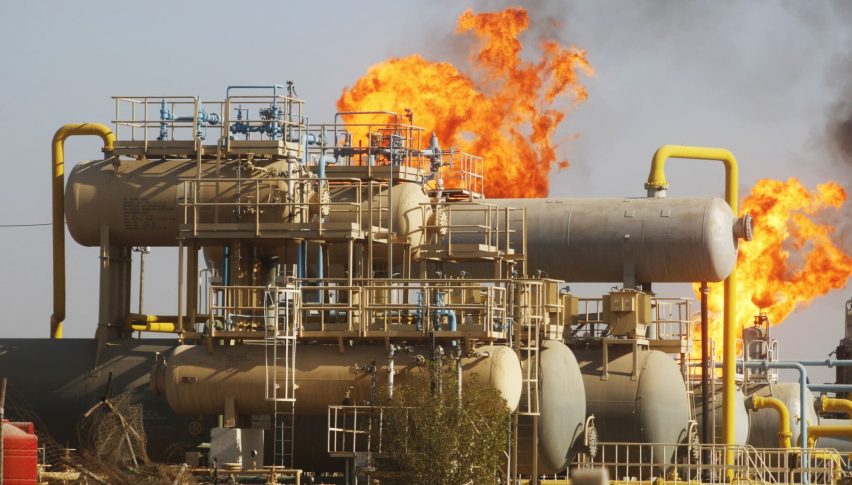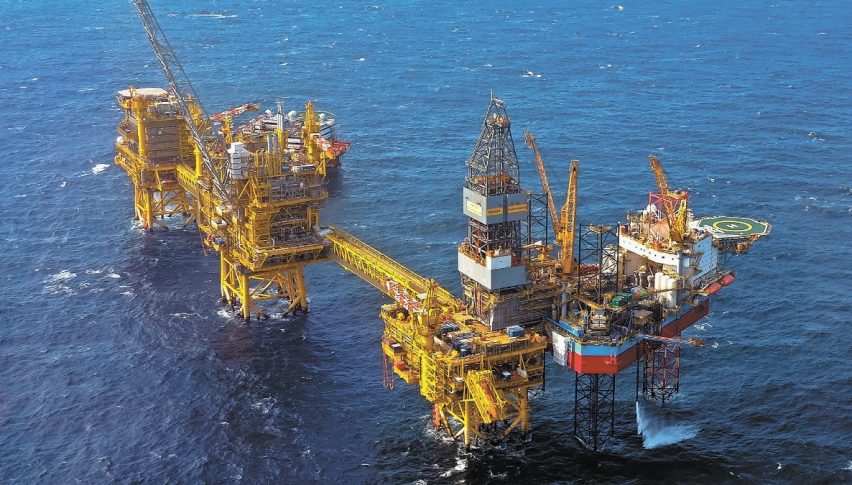Energy Shock: Oil Jumps After Ukraine Attacks
Moscow reported that it had shot down 221 Ukrainian drones in one of the largest assaults since the start of its full-scale offensive.

Quick overview
- Oil markets experienced volatility as prices rose due to escalating Ukrainian drone strikes on Russian oil infrastructure.
- Brent crude increased by 1.53% to $68.47 per barrel, while WTI jumped 1.93% to $64.52, reflecting fears of disruptions in Russian energy exports.
- Moscow reported shooting down 221 Ukrainian drones, targeting critical oil infrastructure, which could significantly impact global supply.
- Geopolitical risks are shifting, with the U.S. considering harsher penalties on Russia and potential tariffs on China to weaken its support.
Oil markets turned volatile on Tuesday, with prices climbing as traders assessed the fallout from intensifying Ukrainian drone strikes on Russian oil infrastructure and growing threats of tougher Western sanctions.

Brent crude for November delivery rose 1.53% to $68.47 per barrel, while U.S. benchmark West Texas Intermediate (WTI) for October delivery jumped 1.93% to $64.52. The move reflects mounting fears that Russia’s energy exports—vital to global supply chains—could face major disruptions.
Moscow reported that it had shot down 221 Ukrainian drones in one of the largest assaults since the start of its full-scale offensive. Among the reported targets was Primorsk port, Russia’s most critical hub for crude shipments to Europe, along with one of the country’s largest refineries. Analysts warn that if damage is confirmed, global markets could lose a meaningful share of Russian supply, adding fresh volatility to an already fragile energy landscape.
At the same time, geopolitical risks are shifting beyond the Middle East. The U.S. is pushing for broader action, with President Donald Trump vowing to impose harsher penalties on Moscow if NATO allies stop buying Russian oil. He also suggested that member nations consider raising tariffs on China as a way to weaken Beijing’s financial support for Russia.
The heightened tensions underscore how fragile global energy security has become, with traders now pricing in a wider geopolitical risk premium that could extend well into the final quarter of 2025.
- Check out our free forex signals
- Follow the top economic events on FX Leaders economic calendar
- Trade better, discover more Forex Trading Strategies
- Open a FREE Trading Account

